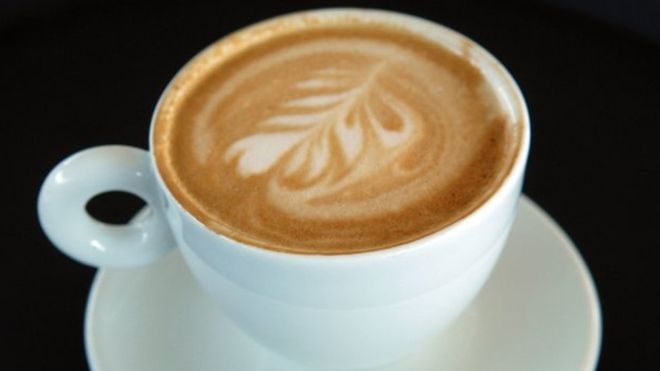The cancer risk of coffee has been downgraded, with experts concluding there is inadequate evidence to suggest it causes the disease.
The International Agency for Research on Cancer, part of the World Health Organization, had classed coffee as “possibly” carcinogenic since 1991.
This was because of a link to bladder cancer, according to BBC.
But the expert group has now decided there is insufficient evidence to say whether it causes cancer or not.
Drinking very hot drinks – above normal drinking temperature – probably does though, it has concluded.
The IARC said this was because of the link to oesophageal cancer.
But the risk was only there for drinks consumed above 65C.
This was based on studies in places such as Iran, China and South America, where tea is often consumed at 70C.
The findings have been reached after 23 scientists reviewed hundreds of different studies.
In a nutshell, experts are admitting they just don’t know whether coffee causes cancer. Previously, they had said it was possible it did.
But what is also important to note is that this cancer-classification process has nothing to do with the likelihood of someone getting cancer, just whether something can cause it.
 For example, the category 1 carcinogens – where experts are convinced the agent causes the disease – include smoking tobacco and eating processed meat.
For example, the category 1 carcinogens – where experts are convinced the agent causes the disease – include smoking tobacco and eating processed meat.
But smoking increases the risk of cancer twentyfold, whereas regularly eating processed meat doesn’t even double it.
Previously the INTERNATIONAL AGENCY FOR RESEARCH ON CANCER (IARC) thought it was possible coffee caused cancer. That was not a judgment on the chances of getting it from drinking coffee, just that there was a link.
Now the evidence is judged to be insufficient to say either way.
But will this make a difference to coffee drinkers? It’s doubtful. Most probably never even considered cancer when sipping their morning cuppa even when it was classified as a risk.
H.Z

